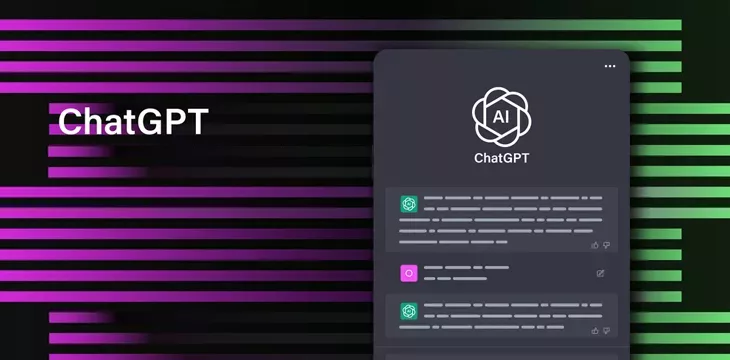In a strategic move, the UK government has earmarked £2 million to introduce cutting-edge AI classroom tools, entrusting the Oak National Academy with spearheading this transformative initiative. The goal is clear: revolutionize the education system, alleviating the burdens on teachers while enriching the overall learning experience for students through the seamless integration of AI classroom tools.
The Promise and Skepticism Surrounding AI in education
In the quest to modernize education, the Oak National Academy stands at the forefront, armed with a £2 million AI toolset aimed at transforming classrooms. Prime Minister Rishi Sunak champions the potential of AI to reshape the educational landscape, emphasizing its value for both teachers and students. The investment stems from a successful pilot project that gauged the tools’ ability to reduce teachers’ workload, paving the way for a vision where every classroom boasts a personalized AI assistant. Education Secretary Gillian Keegan expresses confidence in the benefits AI brings, allowing teachers to concentrate on their core task of imparting knowledge.
But, the announcement has not been met without skepticism. Geoff Barton, general secretary of the Association of School and College Leaders, raises questions about the transparency of the government’s approach. He queries the allocation of funds, seeking clarification on how the money will be spent and the efforts invested in developing the technology within the UK’s existing education technology industry. This skepticism reflects a broader concern about the potential implications of introducing AI into classrooms, raising questions about its necessity and the government’s commitment to fostering homegrown technological advancements.
Navigating the risks
Prime Minister Sunak, while championing the benefits of AI in education, also emphasizes the need for caution. Addressing concerns at the Royal Society in London, he highlights the importance of fully understanding the technology before implementing regulatory measures. The potential misuse of AI in areas like cyber-attacks and disinformation is a looming threat, with Sunak warning that, in extreme cases, humanity could lose control over AI entirely.
As the United Kingdom eagerly prepares to take the helm in hosting an esteemed global AI summit within the historic confines of Bletchley Park, the nation finds itself delicately poised on the precipice of a multifaceted conundrum. On the one hand, a fervent impetus propels the nation toward the seamless assimilation of artificial intelligence into the realm of education, with the noble aspiration of elevating the equilibrium between professional pursuits and scholastic endeavors to unprecedented heights. On the other hand, a sagacious cognizance prevails, recognizing the imperative need for judicious regulatory measures to forestall any untoward misuse of this technological marvel.
In this intricate dance between progress and prudence, the substantial investment directed towards the infusion of AI into classrooms stands as a tangible and resounding testament to the governmental commitment to strike a harmonious equilibrium. It serves as a demonstrative embodiment of a proactive stance towards the integration of cutting-edge technology into the pedagogical landscape, all the while astutely acknowledging and actively engaging with the legitimate apprehensions surrounding the specter of overzealous regulation. This deliberate and nuanced approach not only underscores the nation’s dedication to technological advancement but also reflects a conscientious endeavor to assuage concerns, ensuring that the march towards an AI-enhanced educational future is guided by a judicious balance between innovation and regulatory prudence.
AI classroom tools – A journey of promise and uncertainty
As the UK takes bold steps into the future of education with AI, the questions linger—can this investment truly revolutionize classrooms, or are we risking a loss of control over the very technology intended to empower education? The balancing act between innovation and regulation is a tightrope, and as the Oak National Academy prepares to implement this £2 million AI toolset, the nation watches with a mix of anticipation and skepticism. Will AI truly be the classroom assistant of the future, or are we on the verge of a technological leap that comes with unforeseen consequences? Only time will tell, but the journey has begun, and the path ahead is laden with both promise and uncertainty.





